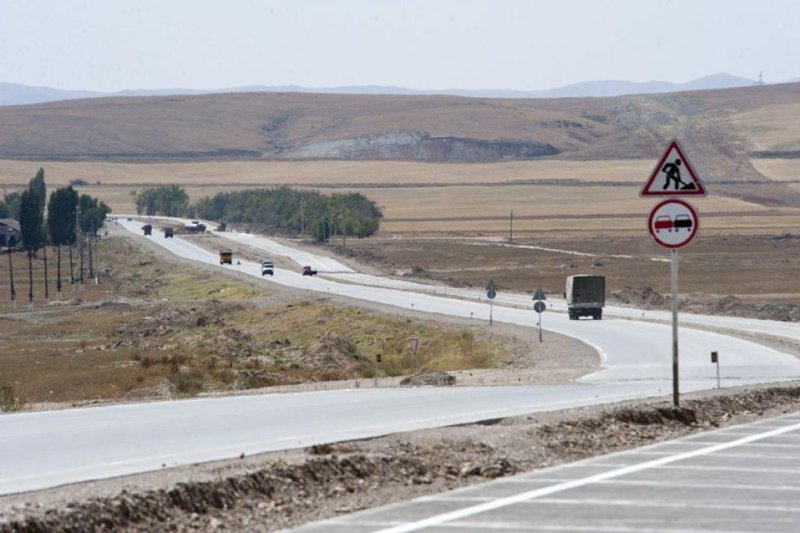Asian Development Bank approves loan to help energy-rich Kazakhstan better connect with regional trading partners, Photo courtesy of the Asian Development Bank
MANILA, Aug. 29 (UPI) -- A multimillion dollar loan will help Kazakhstan, home to one of the world's largest oil fields, connect better with neighboring trade routes, a lender said.
The Asian Development Bank said it approved a $240 million loan that will help Kazakhstan overhaul a 185-mile highway that connects to a larger trade route linking Kazakhstan to Azerbaijan and European markets through the west, Russian corridors to the north and Asian markets to the east.
"Improved connectivity and mobility will play a catalytic role in the sustainable social and economic development of the country, open new opportunities for trade and investment, and support poverty reduction by raising local living standards," Zheng Wu, a regional transport specialist with the ADB, said in a statement.
A June report from the World Bank said the economic decline in Kazakhstan has been broad-based, with gross domestic product declining from 4.1 percent in 2014 to 1.2 percent in 2015. During the first five months of this year, the bank said the economy contracted another 0.2 percent.
Low crude oil prices, about 50 percent less than when Kazakhstan's economy was more robust two years ago, and contractions in trading partners China and Russia has left the Central Asian country facing a long road to recovery.
Part of Kazakhstan's oil production gains are expected to come from the Kashagan oil field in the Caspian Sea, one of the largest in the world, though pipeline issues in the field's harsh environment have proven costly to address.
In July, Chevron, its consortium partners and the government of Kazakhstan announced support for a $36.8 billion plan to expand production at the Tengiz oil field. One of the largest fields in the region, the investment could boost expected production by around 40 percent to 850,000 barrels per day by the start of the next decade.
The ADB said the loan would help ease the burden on a government working to address transportation costs that are about double that of most industrialized countries.















